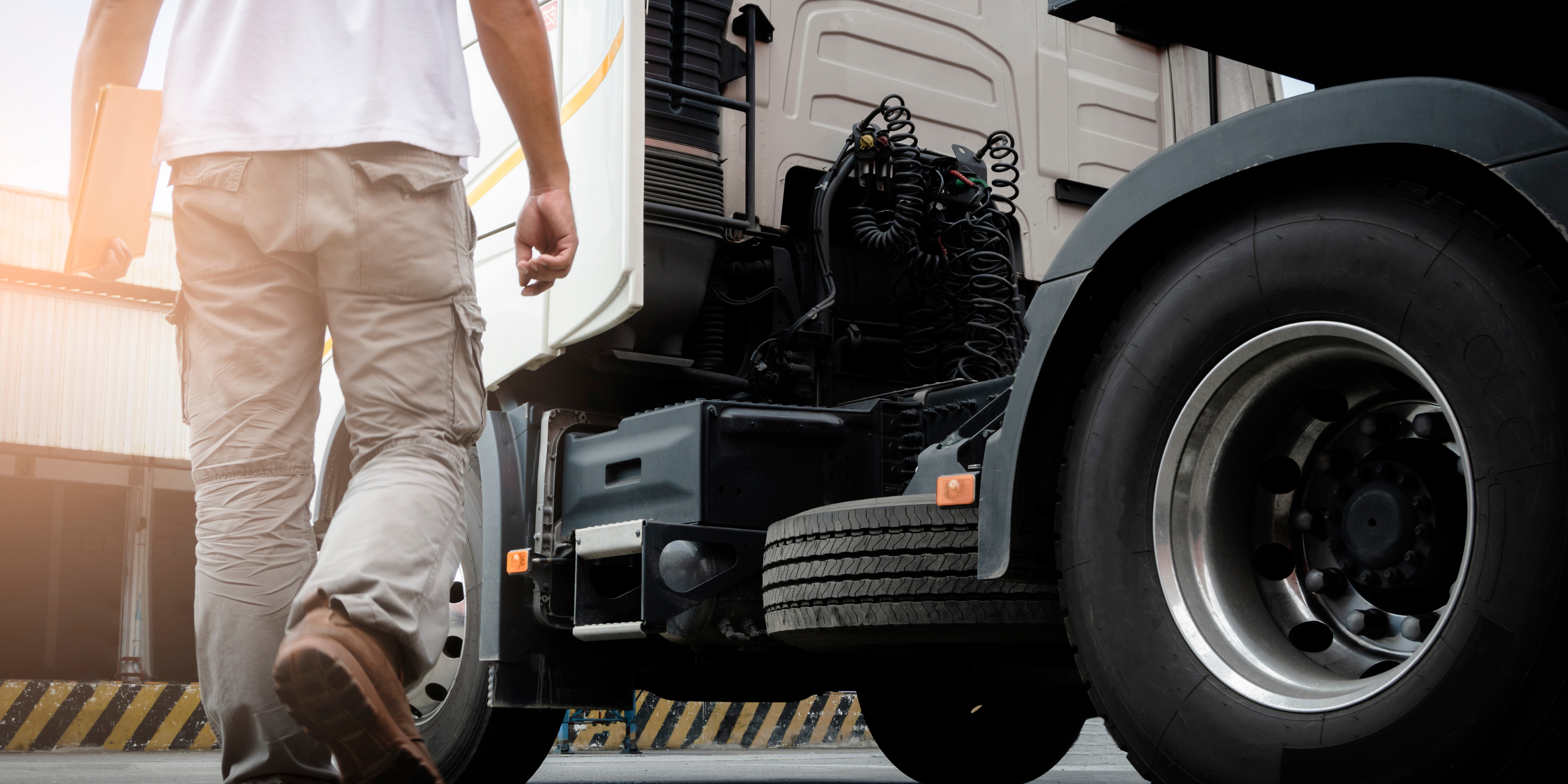
The traffic accident on Melbourne’s Eastern Freeway that resulted in the deaths of four police officers has resulted in:
the national operations manager - 3 years' jail
the driver - 14.5 years jail
company $2.31 M fine
Our take
We shared in the public’s outrage following the death of the 4 police officers ‘just doing their job’. Most businesses would do the same however they might have passed it off as simply a ‘trucking accident’ with no direct application to their business. Whilst understandable, we think that approach needs a ‘re-think’.
This was not just a heavy vehicle accident – it was a failure to properly manage and monitor fatigue and it can happen to any business that has its workers ‘out on the road’ – whether it be: extensive inter and intra state travelling to and from a clients premises, doing the ‘coffee run’ or just popping down to the shops to pick up some supplies. Most businesses have a vehicle policy that talks about administrative things like claiming mileage and where to park etc but too often we see an absence of managing fatigue.
Its an unfortunate statistic but each one of us is more likely to die ‘on the road’ than anywhere else.
Action Items
Check or create (with consultation with your workers) a policy that addresses the following issues:
Quality of vehicle – does it have the appropriate level of safety features?;
Licencing – licence classes take into account the difficulty with different sizes, weights and towing capacity of vehicles. Don’t drive a vehicle you don’t have a licence for – even if it was “parked just out the front of your business and you would have had to have moved other vehicles to get another one”;
Fatigue – what workers were doing before commencing driving counts. Some work creates a high level of mental-physical fatigue that makes some driving risky. You know what your workers regularly do in their day to day jobs – so create some parameters to manage the risk;
Rest – build in rest breaks during and after the trip;
Alcohol and Drug limits – whilst 0.05BAC is the legal limit – what is safe? What OTC drugs make driving unsafe?;
Phones – limit distractions even using ‘hands-free’ and stop encouraging and modelling behaviours such as “call me when I am on the road” etc.;
Drive Buddies – do you need a passenger to share the driving ‘load’?;
Distance – the longer the travel the higher the risk – what mitigations can you use?;
Conditions – always drive to the conditions but which conditions require extra precautions or even a delay postponement of travel;
Driving alternatives – Video conferencing, telephone, courier, delivery service, professional drivers (e.g. taxi, Uber etc).
Edge Legal
Relationships. Respect. Results
Sign up for our 'Tips & Trends' Articles
You will get short, relevant articles on topical areas with actionable steps and real commentary
We care about the protection of your data. Read our Privacy Policy.